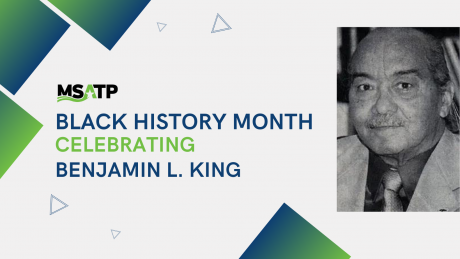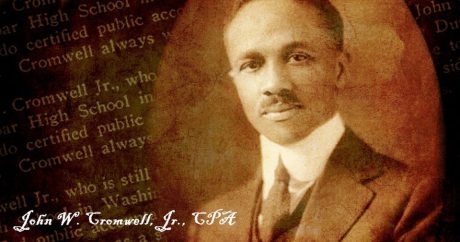According to the American Institute of CPAs (AICPA), only 1% of CPAs in the United States identify as black or African American. This number has improved little over the century since America saw its first black CPA, whereas the percentage of Asian and Hispanic CPAs has managed to grow somewhat to 12% and 7%.
Perhaps the most concerning aspect of the lack of diversity is how the number of black accountants drops further at each level. According to the 2017 AICPA demographic report, there were 9% of students enrolled in accounting programs, 4% of new hires in firms, and—as mentioned—the 1% who are CPAs. It is clear, then, that the profession struggles largely with retention rates of underrepresented groups.
Increasing diversity in the CPA profession is a vital goal that can be achieved through various strategies. Below are some ways we can help promote diversity:
Mentorship & Sponsorship Programs
Mentorship and sponsorship programs provide underrepresented groups with guidance, support, and opportunities for advancement within the profession.
Recruitment & Retention Programs
Firms can focus on recruiting and retaining diverse candidates by building relationships with colleges and universities with diverse student populations and creating inclusive work environments.
Professional Development Opportunities
Providing professional development opportunities such as training, conferences, and networking events catering to diverse groups can help increase their professional representation.
Increased Visibility
Increasing the visibility of diverse role models in the profession can inspire others and help to break down barriers. This can be achieved by promoting diverse speakers at events, featuring diverse professionals in marketing materials, and celebrating the accomplishments of diverse individuals.
Addressing Unconscious Bias
Firms can address unconscious bias by training staff to identify and mitigate it. This can create a more inclusive and welcoming workplace for all professionals.
Industry Collaboration
Collaboration among industry organizations can help to promote diversity in the CPA profession. This can involve sharing best practices, developing joint initiatives, and working together to promote diversity and inclusion.




